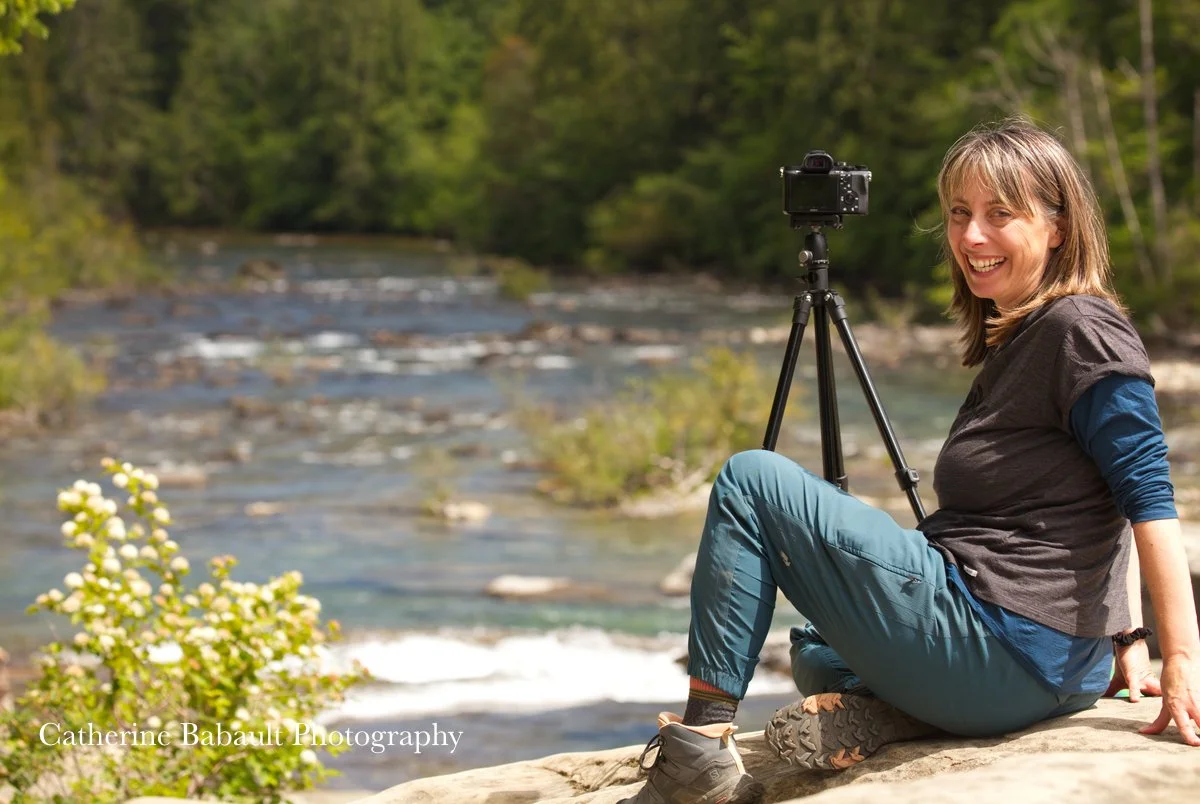All the workshops are given in small groups (5 participants max) and in the outdoors so you are less likely to get or spread COVID-19. You can either join an already scheduled workshop or ask for a private workshop for yourself or as members of the same bubble at no extra cost. We offer half-day, weekend and multi-day workshops all year-round. Feel free to contact us for details.
During the pandemic, we take all necessary precautions to ensure your safety. We ask everyone attending the outdoor event to maintain a physical distance of 2 metres between one another, unless you reside together. We recommend the use of a mask and we supply hand sanitation gel.
The day prior to the start of the workshop, you will be asked whether you have symptoms of COVID-19, have been in close contact with someone who has confirmed or suspected COVID-19. If you have any symptoms of COVID-19 prior to the workshop, please inform us immediately; we will reschedule you for another workshop once you have fully recovered.
Below are the current travel restrictions for Vancouver Island, BC:
Vancouver Island residents are allowed to travel within the Vancouver Island Health region for recreational purposes.
For British Columbians, travel is allowed within your health zone. Non-essential travel between health zones continues to be restricted.
For Canadians, all non-essential travel to BC must be avoided until further notice.
For international visitors, the Canadian border remains closed for non-essential travel, including those who have been vaccinated.
For current travel information, visit https://www.hellobc.com/what-you-need-to-know/
Further details on the current orders can be found at: gov.bc.ca/COVID-19
Ateliers photo pendant la pandémie de COVID-19
Tous les ateliers sont donnés en petits groupes (5 participants max) et en plein air donc vous êtes moins susceptible d'attraper ou de propager le COVID-19. Vous pouvez soit rejoindre un atelier déjà programmé, soit demander un atelier privé pour vous-même ou en tant que membre de la même bulle, et ce, sans frais supplémentaire. Nous proposons des ateliers d'une demie-journée, d'un week-end et de plusieurs jours tout au long de l'année. N'hésitez pas à nous contacter pour plus de détails.
Pendant la pandémie, nous prenons toutes les mesures nécessaires pour assurer votre sécurité. Nous demandons à tous ceux qui participent à l'événement en plein air de maintenir une distance physique de 2 mètres, à moins que vous ne viviez ensemble. Nous recommandons le port d'un masque et nous fournissons du gel désinfectant pour les mains.
La veille de l'atelier, nous vous demanderons si vous avez des symptômes de COVID-19 et si vous avez été en contact étroit avec un cas confirmé ou suspecté de COVID-19. Si vous avez des symptômes de COVID-19 avant le début l'atelier, veuillez nous en informer immédiatement ; nous vous reporterons votre inscription à un futur atelier lorsque vous serez complètement rétabli.
Vous trouverez ci-dessous les restrictions de voyage courantes pour l'île de Vancouver, en Colombie-Britannique :
Les résidents de l'île de Vancouver sont autorisés à se déplacer dans la région sanitaire de l'île de Vancouver à des fins récréatives.
Pour les Britanno-Colombiens, les déplacements sont autorisés dans votre zone sanitaire seulement. Les déplacements non essentiels entre les zones sanitaires continuent d'être limités.
Pour les Canadiens, tout voyage non essentiel en Colombie-Britannique doit être évité jusqu'à nouvel ordre.
Pour les visiteurs internationaux, la frontière canadienne reste fermée pour les déplacements non essentiels, y compris pour ceux qui ont été vaccinés.
Pour les dernières informations sur les voyages, visitez : https://www.hellobc.com/what-you-need-to-know/ (en anglais seulement)
Pour plus de détails sur les mesures en cours, visitez : gov.bc.ca/COVID-19 (en anglais seulement)

































